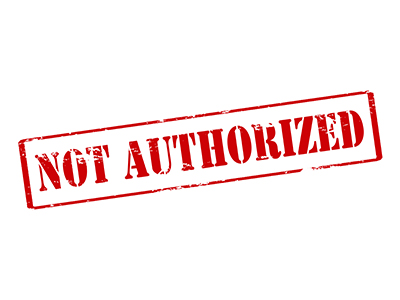If you are a regular reader of TSW, you know we have been monitoring developments relating to the Defend Trade Secrets Act of 2016 (DTSA). While the Northern District of California was the first court to enter a written opinion under the DTSA, case law is continuing to develop across the country, including in the First Circuit. READ MORE
DTSA Immunity: A Plaintiff’s Dream Or A Burdensome Nightmare?








